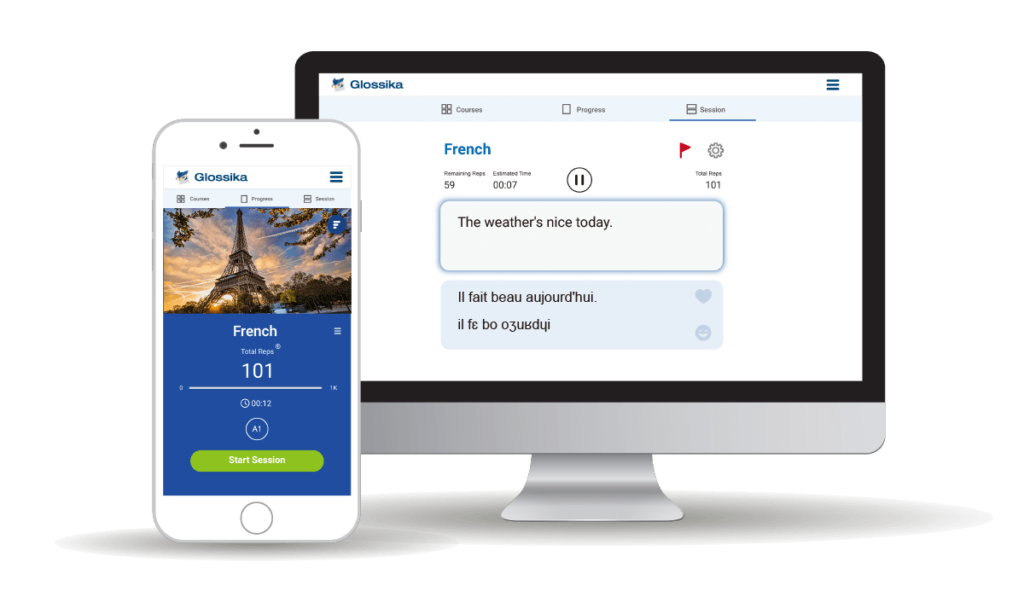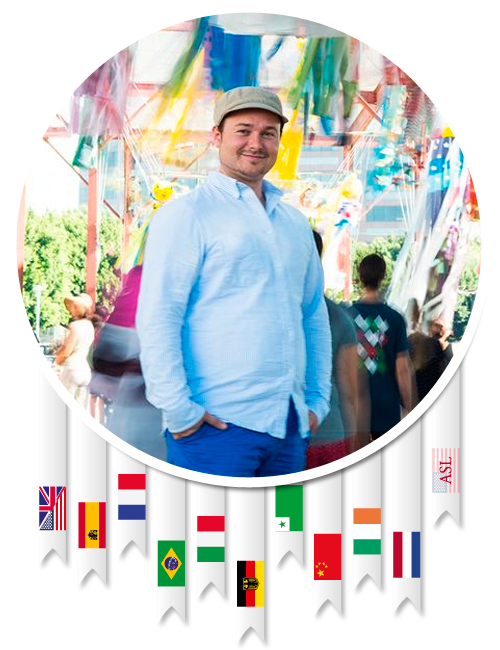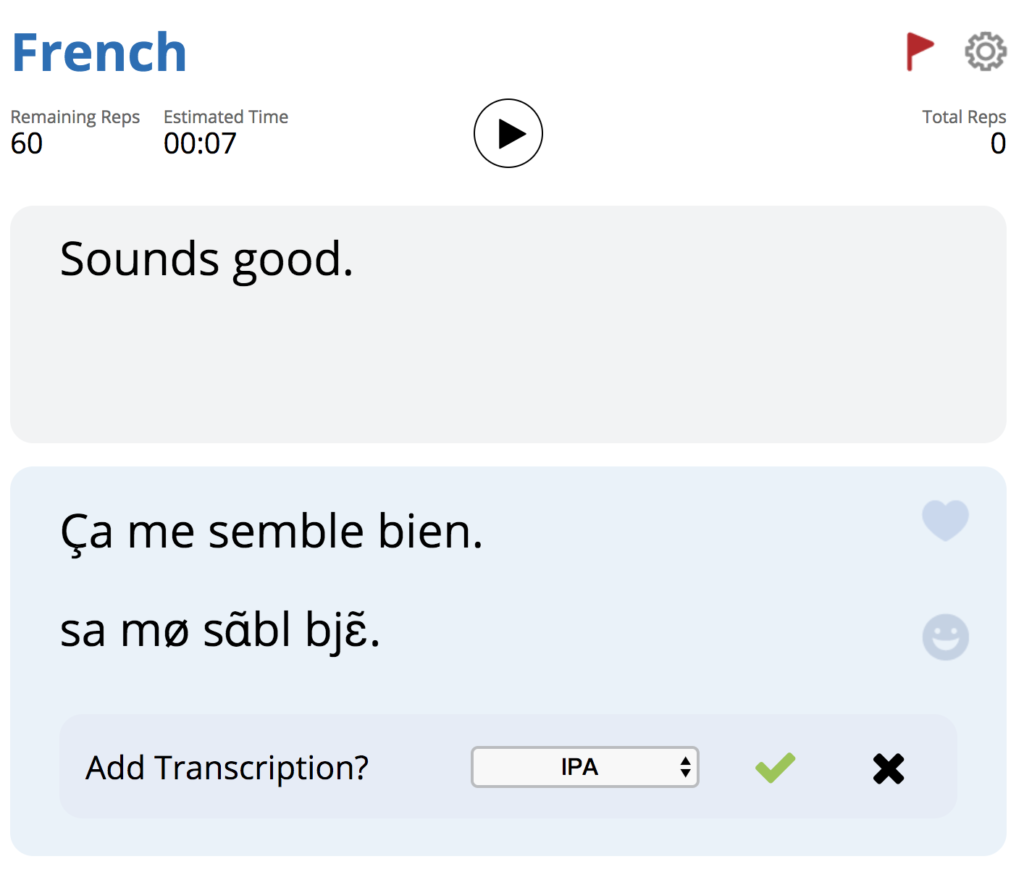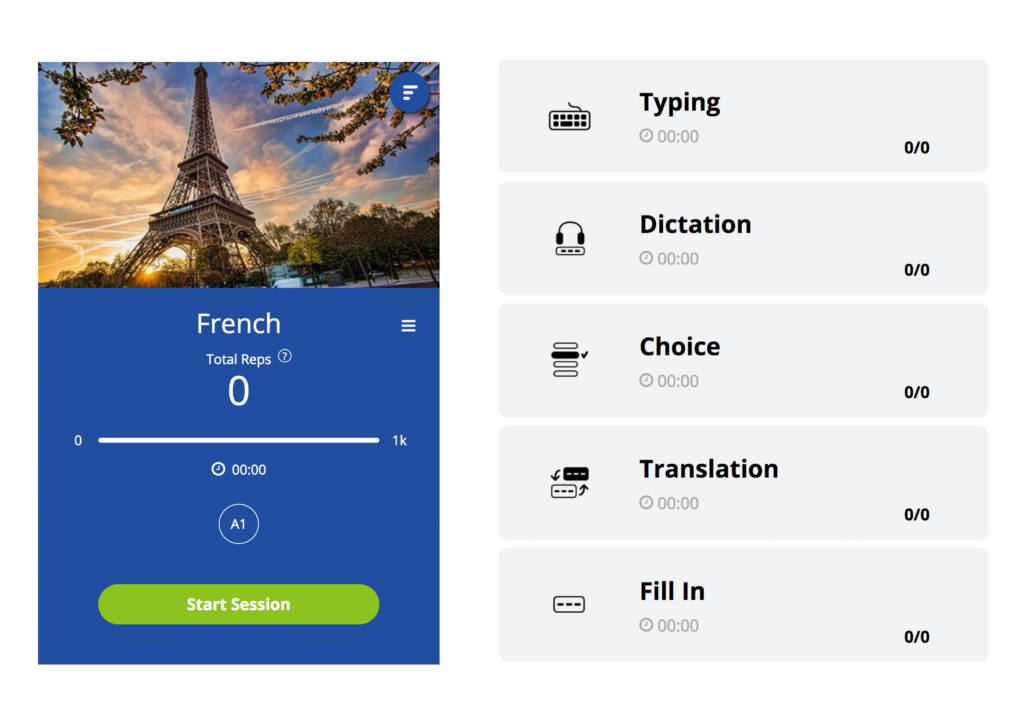
Learning French doesn’t have to be difficult.
Face it: the way you learned in high school and college was probably not the most effective way to acquire a second language.
The methods of the most accomplished polyglots (people who speak four or more languages fluently) have evolved over the last decade and have made these more traditional methods of memorization and endless study of grammar obsolete.

“I’m fluent in seven languages, able to have confident conversations in four others, and have dabbled in dozens more.
BUT IT HASN’T ALWAYS BEEN THAT WAY…
When I finished college (age 21) the only language I spoke was English. I’m not naturally gifted at language learning, and I struggled with languages at school.”
-Benny Lewis, fluentin3months.com
What sets apart the best language learners from the frustrated people that give up after they’ve barely begun?
Polyglots have better language learning habits and better tools. They focus on the right activities, and on the quality of their inputs in order to drive them forward faster and more effectively.
There are over 275 million French speakers worldwide!!
Maybe you want to learn French because you plan to travel to France or another Francophone region.
Maybe you are learning because of your interest in the culture, art, history, literature, food, and music of French people.
Perhaps it’s because of business needs…
…or maybe even for romantic reasons.
No matter your “why”, the good news is that experienced language learners consistently report that French is among the easiest of languages to learn…
So WHY is it so difficult for everyone else, and how can you start learning French with greater ease and enjoyment?

The most important thing to do is to build a core habit of practice with quality materials.
People assume that it’s going to take years to get anywhere with a new language and that it will be an uphill battle of painstaking levels of effort… but that simply isn’t true.
The two major sticking points for many people are pronunciation and keeping up with fast speaking natives in conversation.
Based on these issues, doesn’t it make sense to practice with materials from native speakers, starting with the basics, and building in difficulty over time as you progress?
Good news: there is a revolutionary new AI-driven tool called Glossika that you can start using today which will start building your conversational fluency right from day one.

Best of all, it isn’t going to take years.
If you can find 10 minutes per day to dedicate to the training sessions consistently, then you will start to absorb real French that you can actually use in practical, everyday situations.

Interested in testing out Glossika for yourself?